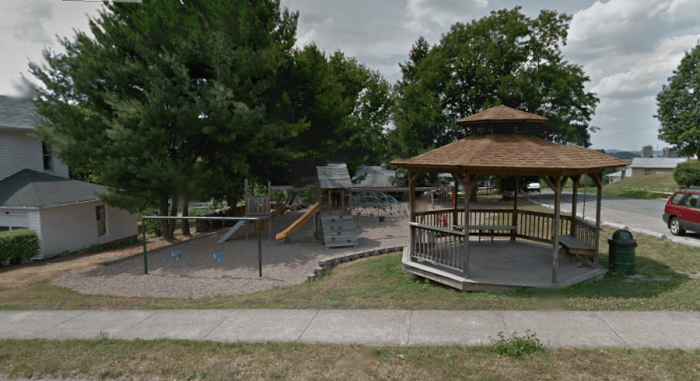Governor Wolf signed the eighth renewal of Pennsylvania’s Opioid Disaster Declaration. In January 2018, he signed the first disaster declaration, so the state could focus on combatting the heroin and opioid epidemic.
Gov. Wolf said in a press release that, “Renewing the disaster declaration and its provisions is a reminder that the collaborative efforts put forth by a large and diverse group of state agencies, third-party organizations and stakeholders is having a positive effect on the opioid crisis in Pennsylvania.”
Wolf added, “We will continue to work tirelessly until we can claim victory over this crisis.”
As Pennsylvania has expanded efforts, it has become a model for the nation, according to the Pennsylvania Medical Association. As a result of its efforts, the federal Department of Health and Human Services was awarded the second-highest amount of funding to continue with its already successful program involving: housing, education, helped expand medication-assisted treatment programs and more.
Since 2017, Pennsylvania has been provided with $141 million in federal funding.
According to pa.gov, As a result of the funding for the efforts of the Opioid Command Center, the state has:
• Distributed nearly 6,800 doses of naloxone free to members of the public through naloxone distribution days;
• Assisted thousands of individuals affected by the closures of doctor’s offices through the Prescription Drug Monitoring Program’s Patient Advocacy Program;
• Continued conversations with numerous stakeholders and partners about the growing trend of stimulant use;
• Added new data to the opioid data dashboard highlighting how the opioid crisis has increased the spread of infectious diseases and hospitalization for serious medical conditions, such as endocarditis, cellulitis, and abscesses;
• Awarded $3.4 million in federal grants to support services of pregnant and postpartum women with opioid use disorder;
• Hosted MAT summits across the state to encourage and provide support to those treating individuals with the disease of addiction;
• Partnered with the Independence Blue Cross Foundation to bring the “Someone You Know” public health awareness campaign to Pennsylvania. The display shares the stories of the 20 campaign ambassadors who share their personal experiences with opioid use disorder;
• Hosted the first Opioid Summit, bringing together professionals, community members, families and others impacted by the opioid crisis in Pennsylvania;
• Answered nearly 30,000 calls to the Get Help Now hotline to help get someone into treatment or for general assistance; and
• Awarded $2.1 million in general grants to assist community recovery projects for individuals with substance use disorder.
Pennsylvania’s rate of opioid prescriptions are officially below the federal average from 2017 to 2018. There has been an overdose death decrease for 18 percent.




























